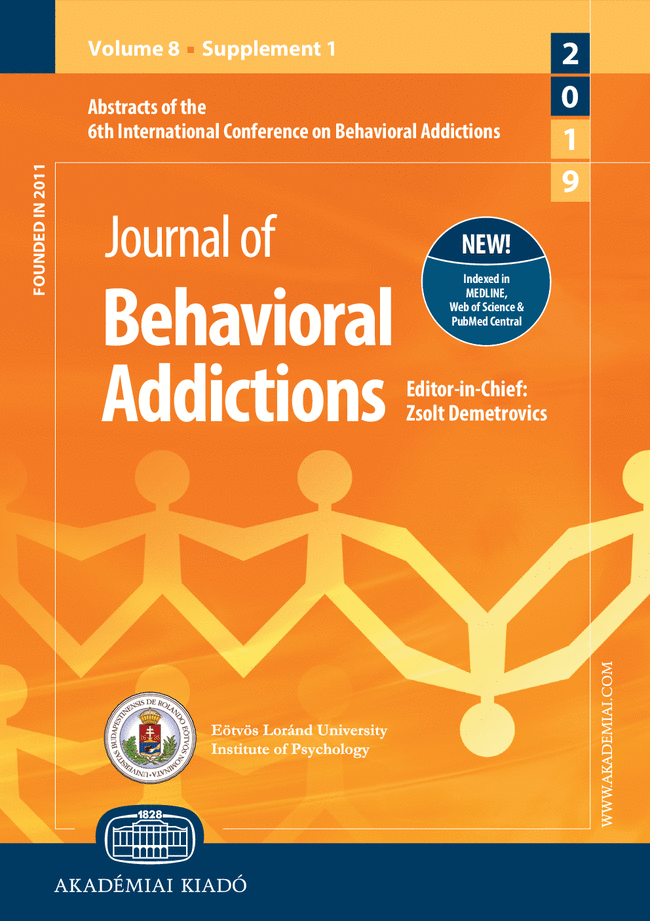Reach for your cell phone at your own risk: The cognitive costs of media choice for breaks
Reach for your cell phone at your own risk: The cognitive costs of media choice for breaks
Author(s): Sanghoon Kang, Terri R. KurtzbergSubject(s): Behaviorism
Published by: Akadémiai Kiadó
Keywords: cell phone addiction; breaks; cognitive resources
Summary/Abstract: Introduction. Since there is steady increase in cell phone addiction, the act of reaching for a phone between tasks, or even mid-task, is becoming more commonplace, without a true understanding about the potential cognitive costs of taking a break in this way as opposed to taking a break through another medium. Methods. This experimental study included 414 participants who completed a cognitively demanding task (solving anagrams) either on paper or on a computer screen. Participants in three of four randomly assigned conditions engaged in a break task (selecting items for a hypothetical shopping list) either on a cell phone, a larger computer screen, or on a paper in the middle of the task. The fourth condition had participants engaging in both halves of the cognitive task with no break. Results. The results show that using cell phone for a break did not allow brain to recharge as effectively as the other types of breaks, both in terms of being able to perform quickly and efficiently in the second half of the task (how long it took to complete), and in terms of performance (how many anagrams were successfully solved in the second half). Discussion and conclusions. As people are increasingly addicted to their cell phones, it is important to know the unintended costs associated with reaching for this device every spare minute. Although people may assume that it is not different from any other kind of interaction or break, this study shows that the phone might be more cognitively taxing than expected.
Journal: Journal of Behavioral Addictions
- Issue Year: 8/2019
- Issue No: 3
- Page Range: 395-403
- Page Count: 9
- Language: English

